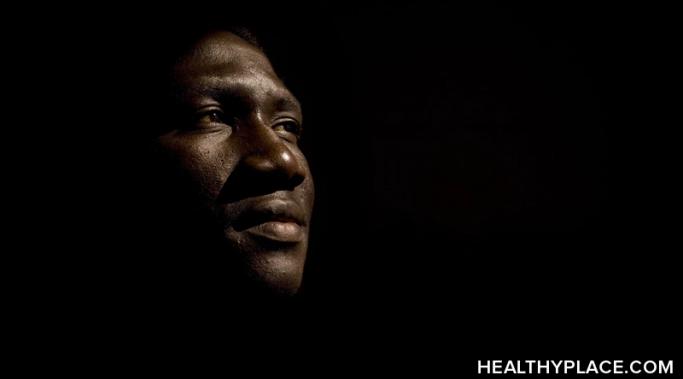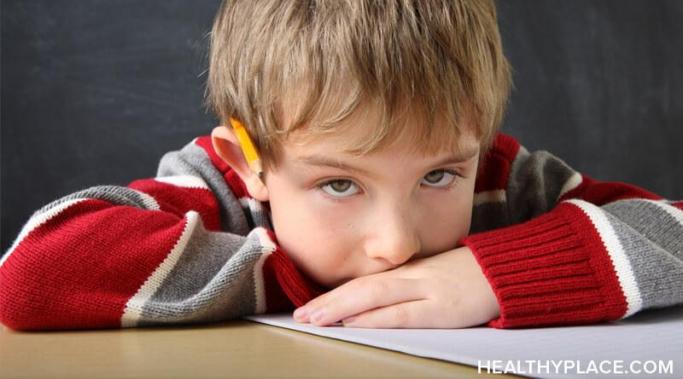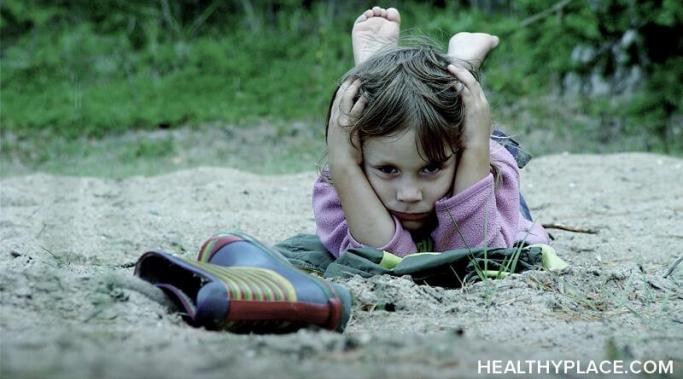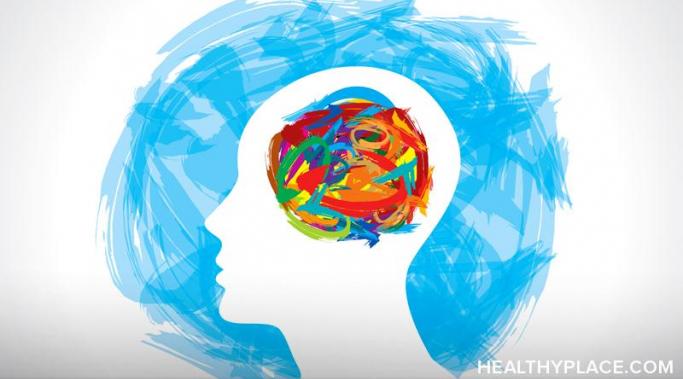You must be courageous when parenting a child with mental illness. After all, if being the parent of a child with mental illness were easy, then there wouldn't be a blog dedicated to the topic. Life with Bob wouldn't exist. That's why I'm not afraid to admit that raising a child with mental illness takes more courage than any calling I've ever had--sometimes more than I have stored up. (At least, that's how it feels.) Evidently, though, I do have what it takes, and you probably do, too. So why does parenting a child with mental illness feel so scary sometimes, and where does all this parenting courage come from?
Mental Illness Diagnosis
How do we know when to worry about temper tantrums in our children? According to recent research, about 83% of preschoolers have regular temper tantrums.1 If you're reading this, I'm guessing you are the parent of at least one of the 83 percent. I was one such parent, too, and my son's tantrums turned out to be the sign of childhood mental illness. How do you know when to worry about temper tantrums because it might be the same for you?
A child's mental illness diagnosis can take years to get right, especially when both disruptive mood dysregulation disorder (DMDD) and a childhood bipolar disorder diagnoses are possible. One diagnosis can look similar to another. It takes a skilled provider to tease it out and, let’s face it, as parents, we don’t always know if our providers are the skilled ones. It took three years to get to my son’s diagnosis of DMDD. Prior to that, they briefly considered childhood bipolar disorder. I still sometimes wonder if it’s not.
Children with disruptive mood dysregulation disorder (DMDD) may go through a couple diagnoses, including oppositional defiance disorder (ODD), in the beginning. This is partly because DMDD is a newer disorder, but it also looks like other illnesses--especially ODD. My son's first providers diagnosed him with ODD, and other DMDD parents have told me their kids also started with that diagnosis. There is, however, a subtle difference between the two.
If your child hears voices, your first reaction may be panic. The first time my son said he heard voices, I almost fainted. I work with adults who hear voices due to their mental illnesses, so my first thought was early-onset schizophrenia. My son does not have schizophrenia. Turns out, a child who hears voices isn't that unusual.
Well-intentioned people often suggest that my child with mental illness isn’t actually mentally ill. They insist he has an underlying medical condition. Lately, it's pediatric autoimmune neuropsychiatric disorders associated with streptococcal infections (PANDAS). To those who interject these suggestions without invitation into a conversation about mental illness, know it can be more harmful than you think.
Note: I am not an "expert", nor am I writing this in a professional capacity. I am a parent on my own journey, which is where this blog comes from.
Hello, I’m Susan Traugh, one of the authors of Life with Bob about parenting children with mental illness at HealthyPlace. I live with a husband with bipolar disorder and have three children with mental illness: two with bipolar disorder and one with generalized anxiety disorder.
While mental health screenings in school may take place, they need to be more inclusive. Although autism spectrum disorder (ASD) and childhood mental illnesses like attention deficit/hyperactivity disorder (ADHD) can look similar on the outside, the way they're treated in schools looks different. From the perspective of a parent of a child with mental illness, they seem like unfairly disparate worlds. It makes me think of the need for inclusivity in school mental health screenings.
Many childhood mental illnesses involve behaviors similar to those found in autism spectrum disorder (ASD), commonly just referred to as "autism." As a result, parents may hear the term "autism" mentioned when their child first exhibits worrisome behaviors. This first post on autism will look at the similarities and differences between autism spectrum disorder and childhood mental illness, as seen from a parent's perspective.
Most people don't know what life with disruptive mood dysregulation disorder (DMDD) is like. But if your child is perpetually angry and irritable or you walk on eggshells for fear of triggering terrifying outbursts, these behaviors may point to disruptive mood dysregulation disorder, a childhood mood disorder that can lead a child and his or her parents on a scary and frustrating journey.









